Shannon, a new patient, was sitting in my office waiting for her first chiropractic check up. As with many first time patients, she was sitting quietly and had a strained worried look on her face, anxiously awaiting her opportunity to discuss her concerns. After we had a chance to discuss her present concern which was an ongoing foot problem, she still had that strained look on her face. This was unlike most patients who become quite relieved after we have had our initial discussion, so I asked if anything else was the matter. “Oh, I am just having a hard time concentrating right now, due to this headache.” When I asked her how often she suffered from headaches, she responded, “About three times a week. But that’s okay, they’re just the normal ones.” How often I have heard that! As it turns out, as with many people, these headaches prevented her from truly enjoying many aspects of her life such as time with her daughter, her productivity at work, and even time on vacation! As with many patients, she was just living with these headaches, and she had to consume medication often just to get through her day. Although the medication dulled her headaches, she was starting to suffer an upset stomach at times from the medication and she had begun to worry about the long term side effects of consuming far too much medication. Shannon’s suffering was a typical story I hear on a daily basis of people whose quality of life suffer needlessly because they are not aware that there are effective natural and safe ways of not only reducing the frequency of headaches, but eliminating them all together.
How common is this story? Let’s look at the prevalence of headaches in our society: Prevalence denotes the number of people in a population who have a particular condition at any designated point in time. General population surveys have shown the prevalence of tension-type headaches in Canada to be 37% of females and 21% of males. The prevalence of migraine headaches in Canada is 23% of females and 9% of males. Headaches are not just limited to adults. In fact, a survey of adolescents have shown 26% of 12- to 13-year olds and 31% of 14- to 15-year olds reported frequent headaches of “about once a week”!
Although there are a number of causes for tension-type headaches, it is commonly understood that muscular tension, stiffness and misalignments of spinal joints can be common causes.
There are many forms of treatment which may help alleviate the symptoms of a headache. These can vary from rest, pharmaceutical medications, to chiropractic care. However, suffering recurrent or chronic headaches can ultimately affect a person’s ability to work or enjoy their leisure time activities with friends and family. That’s no fun! In fact, recurrent headaches have been shown to be a cause of decreased productivity at work, lower income, decreased enjoyment of life and even marital distress.
Chiropractic care has been shown to be an effective natural and drugless treatment for the treatment of chronic and immediate tension headaches. In fact, in some chiropractic practices, up to 35% of patients seen are for headache related complaints. How effective is Chiropractic treatment?
A 1996 Duke University report, entitled “Evidence Report: Behavioral and Physical Treatments for Tension-type and Cervicogenic Headache,” was a meta-analysis of all valid published studies on the topic. It is the result of more than six years of work from a multidisciplinary panel of experts, including chiropractic researchers and clinicians. Some of the conclusions of this study were as follows:
- spinal manipulation — a practice performed almost exclusively by chiropractors — is the most effective treatment for cervicogenic headaches, which are those that originate in neck muscles or vertebrae
- Chiropractic treatment caused far fewer side effects than a commonly prescribed headache medication called amitryptaline. 84% percent of patients taking amitryptaline experienced side effects whereas just 4% of patients getting chiropractic care had side effects
- medication provided only short-term benefits
- compared to various soft tissue procedures, a course of chiropractic treatments is shown to produce sustained improvement in headache frequency and severity in the treatment of tension headaches
Four weeks and several treatments later, I saw Shannon waiting in our reception smiling and chatting excitedly with our receptionist about an upcoming family event. Her headaches had dissipated and she was no longer taking any medication. As a result, her energy had increased and she was again enjoying a part of her life that she had forgotten was lost! What a blessing!
If someone you know is suffering from Headaches needlessly, start with calling our office to schedule yourself, or someone you know in for a check up appointment to see what treatment options are available to you.
~ Dr. Gertz





